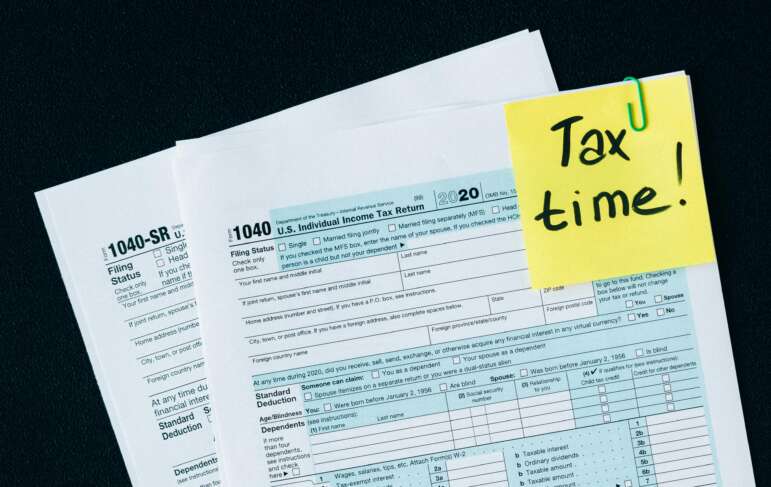Introduction
Just as individuals have Social Security Numbers to distinguish themselves for tax and legal purposes, businesses require a unique identifier known as a Federal Employer Identification Number (FEIN, or EIN). This nine-digit number, issued by the Internal Revenue Service (IRS), serves as a business’s distinct identifier for federal tax purposes. Much like a Social Security Number, an EIN is crucial for a business’s identity, enabling it to comply with various legal and financial obligations. Understanding what an EIN is and why businesses need one is fundamental for any entrepreneur or business owner navigating the intricacies of legal compliance and financial management.
What is a Federal Employer Identification Number (EIN)?
A Federal Employer Identification Number (FEIN), also known as an Employer Identification Number (EIN), is a unique nine-digit identification number assigned by the Internal Revenue Service to businesses and other entities operating in the United States for the purpose of tax administration. Similar to how individuals are assigned Social Security Numbers (SSNs) for tax and identification purposes, businesses are assigned EINs to identify themselves to the IRS and other entities.
Unlike Social Security Numbers, which are issued to individuals, EINs are assigned to businesses, partnerships, trusts, estates, non-profit organizations, and other entities. This distinction is important because EINs are used by the IRS to identify businesses for tax purposes, while SSNs are used to identify individuals. The format of an EIN is XX-XXXXXXX, where the first two digits are the prefix that indicates the location of the IRS office that issued the number, and the remaining seven digits are the unique identifier for the business.
Why Do Businesses Need an EIN?
Obtaining an EIN is a legal requirement for businesses and all business entities, including LLCs, partnerships, and corporations, are mandated to have an EIN. This number serves as a crucial identifier for businesses when interacting with the IRS and fulfilling their tax obligations. Additionally, having an EIN is necessary for various other purposes, including opening business bank accounts, applying for business licenses, and obtaining loans.
One of the primary uses of an EIN is for tax filing purposes. Businesses use their EIN when filing federal and state taxes, as well as other tax-related documents. Additionally, an EIN is required when hiring employees. Employers use the EIN when reporting employee wages to the IRS and when filing employment tax returns. In summary, an EIN is a fundamental component of legal and financial compliance for businesses, enabling them to fulfill their obligations and operate smoothly within the legal framework.
Conclusion
In conclusion, an EIN is a crucial identifier for businesses, serving as a key component of their legal and financial operations. From fulfilling tax obligations to opening bank accounts and hiring employees, an EIN is essential for businesses to operate smoothly within the legal framework. If your business does not yet have an EIN, it is strongly recommended to obtain one to ensure compliance and facilitate your business activities. For personalized guidance on obtaining and using an EIN, as well as other legal matters related to your business, don’t hesitate to contact Monitor Law. Our team of experienced business law attorneys is here to assist you with your specific business needs.
**Disclaimer:**
The content provided on this blog is intended for educational purposes only and should not be construed as legal advice. While we strive to ensure the accuracy and reliability of the information presented, it may not always reflect the most current legal developments or regulations. Reading, accessing, or interacting with the content on this blog does not establish an attorney-client relationship between the reader and Monitor Law. The information provided should not be relied upon as a substitute for seeking professional legal advice from a qualified attorney regarding specific legal issues or situations. We strongly encourage readers to consult with a licensed attorney in their jurisdiction for personalized advice tailored to their individual circumstances. Any reliance on the information provided on this blog is at the reader’s own risk.





